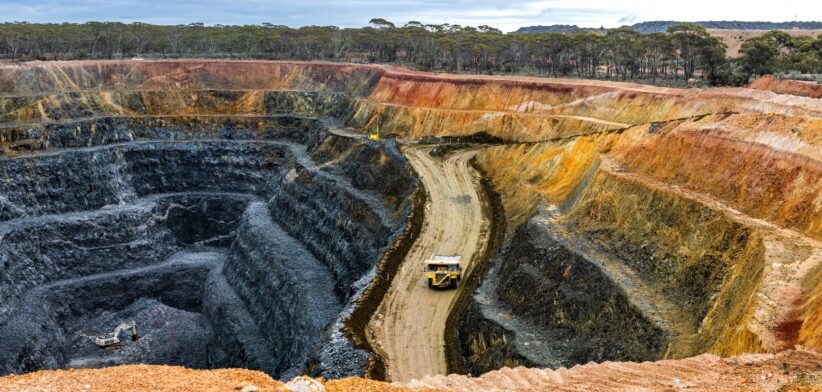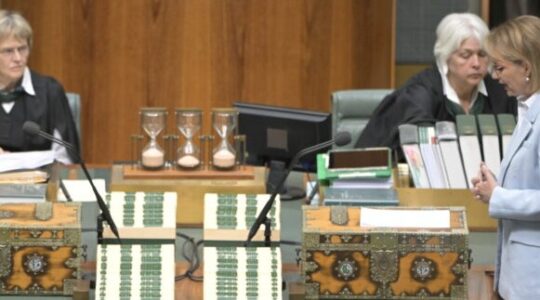A recent critical minerals agreement between Australia and the United States provides positive signals to the industry, as governments acknowledge their role in supporting projects.
Leading independent law firm McCullough Roberston Lawyers (McR) believes that while The United States-Australia Framework for Securing of Supply in the Mining and Processing of Critical Minerals and Rare Earths was largely a codification on what was already understood by industry, it represented a welcome clear signal.
It stated, in an alert, that the bilateral agreement showed government had a major, ongoing role to play in supporting critical mineral projects and that financial backing of projects was required and formed a significant part of that support.
“We are eager to discover how the Framework will play out in practice, particularly the role and function of the proposed Mining, Minerals and Metals Investment Ministerial.
“Additionally, it is unclear at this stage to what extent the Framework will be reflected by changes to Foreign Investment Review Boards’s policies or review functions.”
McR noted the Framework aimed to deliver a secure supply chain for critical minerals and rare earths in Australia and the US through economic policy tools and coordinated investment.
“The Framework is intended to provide an accelerated pipeline of priority projects to be delivered by the two nations, and in turn, reduce global dependence on China and provide opportunities for Australian producers in international markets.”
It stated supply chain security had long been spoken about between the US and Australia with several proposals having been agreed by previous governments from both countries.
“Given recent announcements of greater Chinese export controls, there has been ongoing pressure on all sides for further action.”
As part of the Framework, Australia and the US have committed to:
- Take measures to accelerate and streamline approval processes for critical mineral projects.
- Mobilise government and private sector support for capital and operational expenditures by way of guarantees, loans and offtake arrangements.
- Implement pricing control mechanisms, including price floors or similar measures to address challenges associated with international pricing.
- Develop new or strengthen existing authorities and tools that review and deter the sale of critical minerals and rare earth assets for national security reasons.
- Establish a US–Australia Critical Minerals Supply Security Response Group to identify priority minerals, address supply vulnerabilities and develop a plan to accelerate delivery of processed minerals under the Framework.








